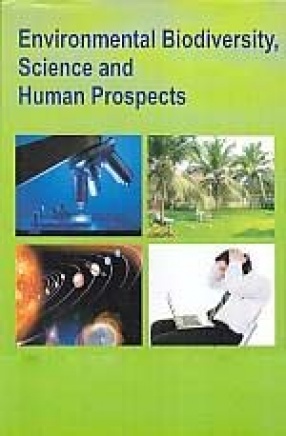
Kunal Books Publishers & Distributors

42 books
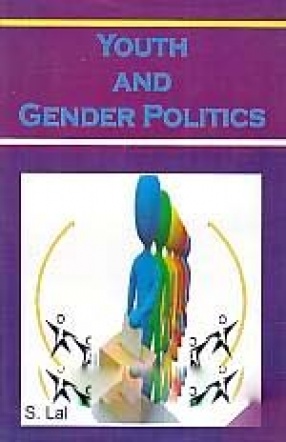
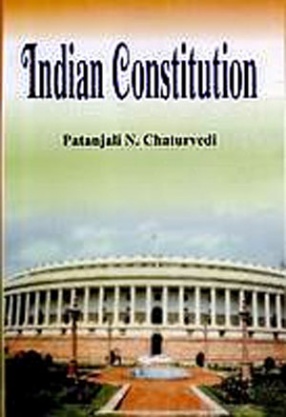

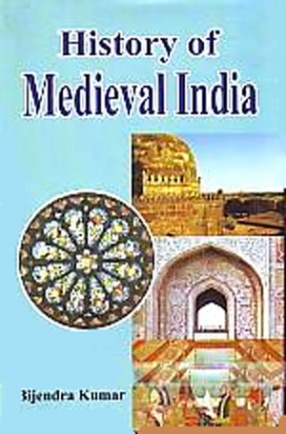


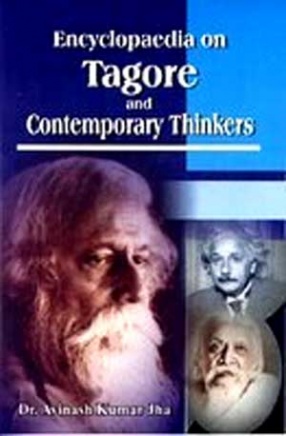
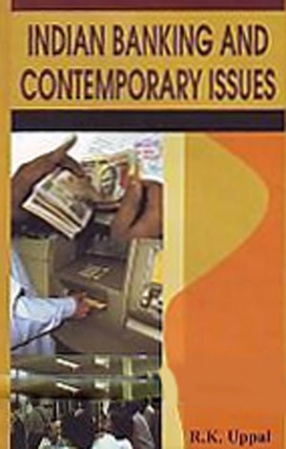
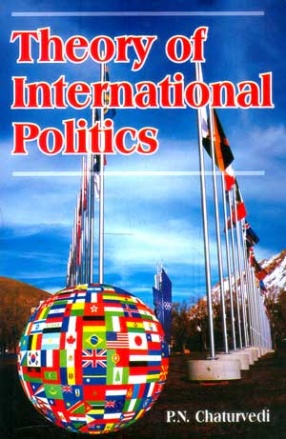




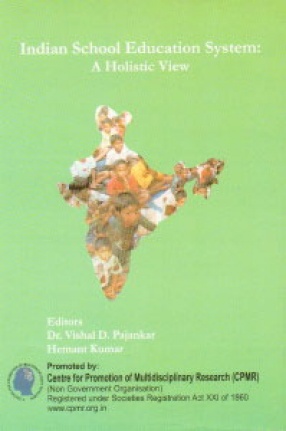
This book is an attempt to understand the situation of school education system in the country through the views of the eminent educationists researchers and scholars. The book highlighted the issues of three important stages of school system in the country in different sections namely early childhood care and education ECCE in section I, elementary education in section II and secondary education: issues and concerns in section III.
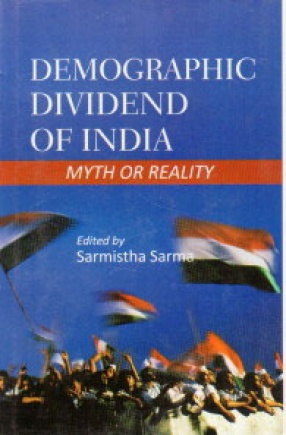
India is and will remain for considerable time period one of the youngest countries in the world. This is the demographic dividend India seems to enjoy when compared to other countries in the world. Observed demographic trend says that both the size and age structure of population in all countries tends to change. This is characterized by decrease in the death rate before decline in the birth rate. Thus, the overall development in India is having its impact on ...

The Constitution of India is the supreme law of India. It lays down the framework defining fundamental political principles, establishes the structure, procedures, powers, and duties of government institutions, and sets out fundamental rights, directive principles, and the duties of citizens. It is the longest written constitution of any sovereign country in the world, containing 395 articles in 24 parts, 12 schedules and 94 amendments, for a total of 117, 369 ...




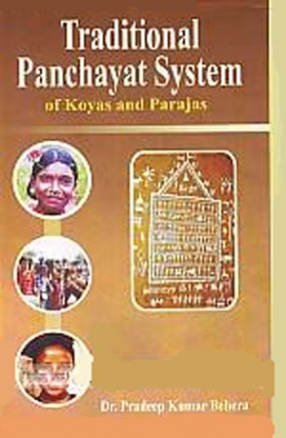
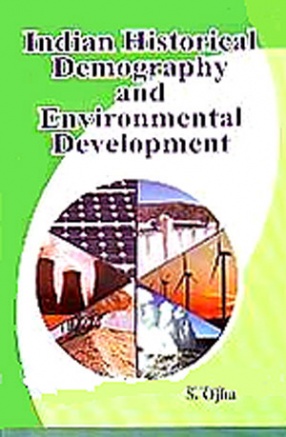
In India radical Hindus claim that they are heading and minority status despite current estimates placing the Hindu population at 830 million and the Muslim population at 130 million. India's religious populations and their respective populations and their respective growth rates became increasingly significant especially after the British used the Minto-Morley Reforms in 1909 and the Motague-Chelmford Reforms of 1919 to institute elective representation along ...
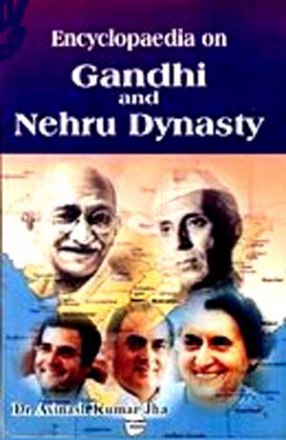
Contents:V. 1. Life and philosophy of Gandhi; V. 2. The legacy of Nehru.


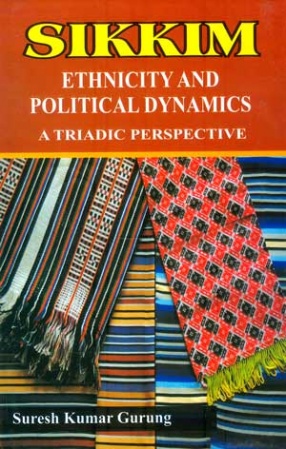
Ethnicity related issues & mobilizations are generally explained from Primordial or Instrumental standpoint. This author believes that neither of the views adequately explains the issue presently under study. The book is a maiden attempt at understanding the cleavages between ethnicity and politics from a triadic perspective. Author contends that ethnic consciousness in Sikkim is ramified through historical process in which politics played a determinate role ...



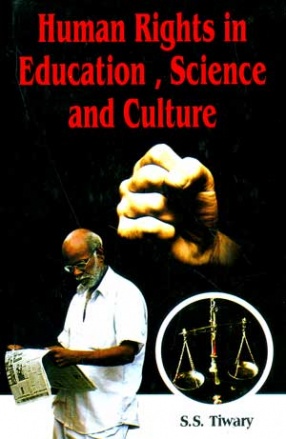
Education system is the best mechanism to integrate fundamental values of human rights and principles in any country. Human rights can only be achieved through an informed an continued demad by people for their protection.Human rights education promotes values, beliefs and attitudes that encourage all individuals to uphold their own rights and those of others. The resulting confluence of peoples and cultures is an increasingly global, multicultural world brimming ...
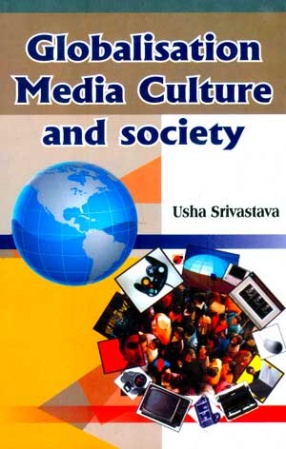
Globalization describes an ongoing process by which regional economies, societies, and cultures have become integrated through a globe-spanning network of communication and trade. The term is sometimes used to refer specifically to economic globalization: the integration of national economies into the international economy through trade, foreign direct investment, capital flows, migration, and the spread of technology.Media have become a central force in our ...

International politics, like all politics, is a struggle for power. Whatever the ultimate aims of international politics, power is always the immediate aim. Statesmen and peoples may ultimately seek freedom, security, prosperity, or power it. They may define their goals in terms of a religious, philosophic, economic, or social ideal.Theories of international politics deal with events at both the sub-and supra-national levels. Constructivism is one of the basic ...
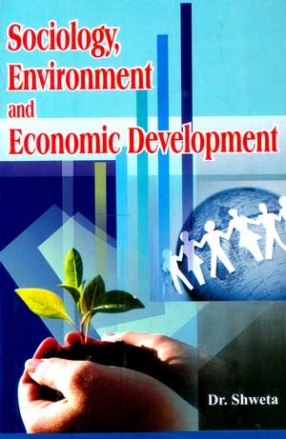
Sociology is used to analyze society, and based on this analysis, attempt to reform society. Sociology is the study of society. Sociology is the study of the relationship between humans and society. Environment is the sum of all external factors, both biotic and a biotic, to which an organism is exposed.Economic development is the increase in the amount of people in a nation’s population with sustained growth from a simple, low-income economy to modern, ...
